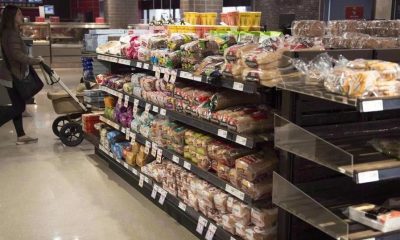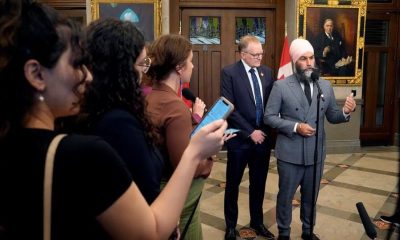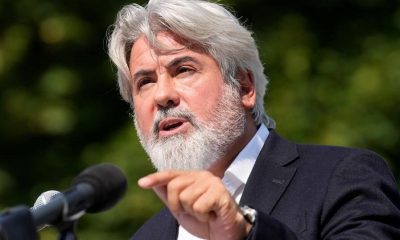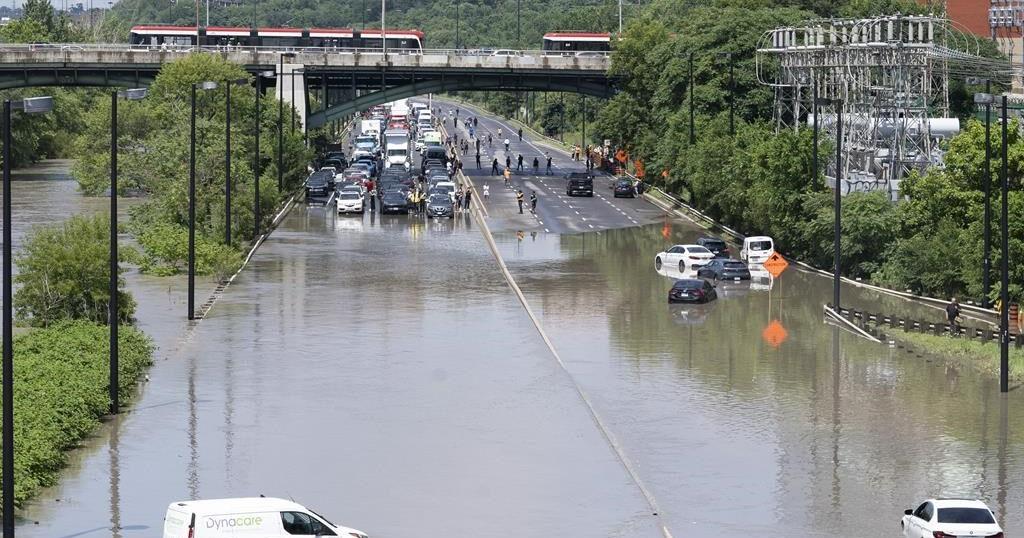FREDERICTON – A look at David Coon, leader of the Green Party of New Brunswick:
Born: Oct. 28, 1956.
Early years: Born in Toronto and raised in Montreal, he spent about three decades as an environmental advocate.
Education: A trained biologist, he graduated with a bachelor of science from McGill University in Montreal in 1978.
Family: He and his wife Janice Harvey have two daughters, Caroline and Laura.
Before politics: Worked as an environmental educator, organizer, activist and manager for 33 years, mainly with the Conservation Council of New Brunswick.
Politics: Joined the Green Party of Canada in May 2006 and was elected leader of the New Brunswick Green Party in September 2012. Won a seat in the legislature in 2014 — a first for the province’s Greens.
Quote: “It was despicable. He’s clearly decided to take the low road in this campaign, to adopt some Trump-lite fearmongering.” — David Coon on Sept. 12, 2024, reacting to Blaine Higgs’s claim that the federal government had decided to send 4,600 asylum seekers to New Brunswick.
This report by The Canadian Press was first published Sept. 19, 2024.






























